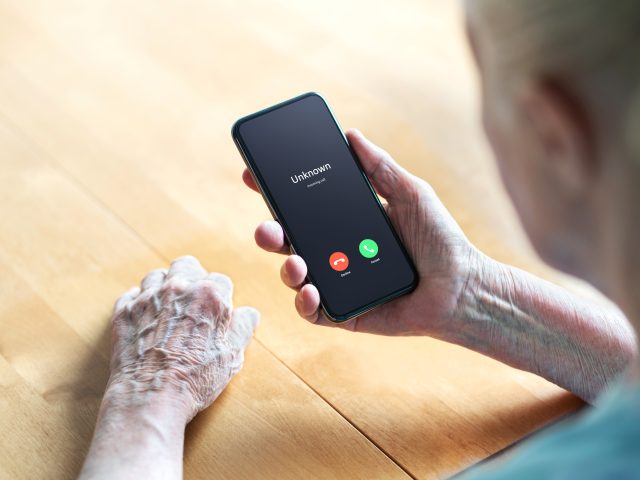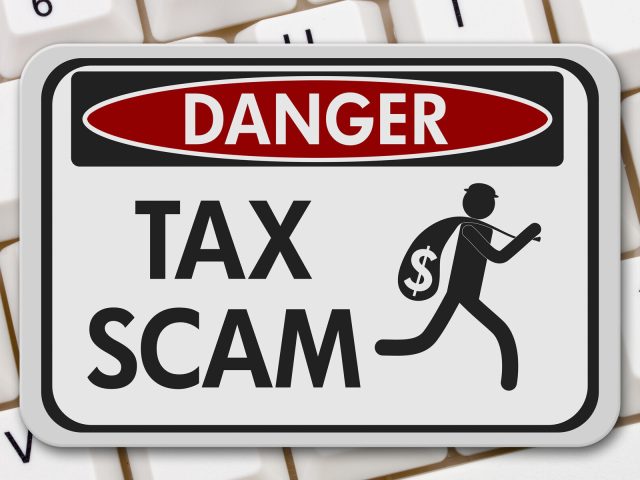What To Do If Your Personal Information Has Been Compromised
Share
It can happen to any of us—our personal information gets compromised. Whether it was a phishing scam, a gas pump skimmer, or your credit card number was simply in a company’s database when it was hacked, it’s important to take the proper steps to keep your identity and finances safe. Here’s what to do if your information has been taken.
Call your credit card company or financial institution immediately after you realize you’ve been scammed.
They can put a hold on your account to guard against further charges. Call the number on the back of the card or your most recent statement. Don’t call a number from an email, as that could be part of a phishing scam. Continue to closely monitor your accounts for any additional fraudulent activity.
Call the non-emergency line for your local police department and file a report.
They might not be able to recoup your funds, but if the case ends up in court, the police report will be helpful. Also, keeping law enforcement informed of fraud tactics can help them stop it in the future.
Contact the three major credit agencies (TransUnion, Equifax, and Experian) and set up a fraud alert on your accounts.
It’s free and requires lenders to verify your identity before taking out any loans. Usually, they’ll call you for identification. While this doesn’t guarantee fraud won’t occur, it signals a major red flag for lenders. Here’s more information on setting one up.
Update anti-malware software and scan your computer.
If you fell victim to an online scam, scan your computer for viruses and update your anti-virus software to ensure your computer is safe. If you don’t feel confident in your abilities, take it to an expert for help.
Consider a security freeze on your credit.
Unlike a fraud alert, a freeze does cost money (between $5 and $10 per credit-reporting agency); however, this makes it significantly more difficult for someone to open anything under your name. When setting up a freeze, you’ll be given a personal identification number (PIN). Don’t lose that; you’ll need it to unfreeze your accounts to take out a loan or open a credit card in the future.
Get credit-monitoring software.
This is a worthwhile investment if your information has been compromised. It won’t stop people from attempting to use your identity to open accounts, but it will alert you of activity so you can take action.
The scary truth is that it’s not a matter of if our information gets stolen; it’s a matter of when. Whether you fell for a scam or just got unlucky, these steps can help keep your finances and credit safe. If you find yourself a victim of identity theft or just want to take extra precautions, these tips can help you be a smarter consumer and better protect you when scammers come along.
You May Also Like

Some offers may seem to good to be true.

Increasing in popularity, remain vigilant of this scam if you or your loved one are elderly.

You’re not the only person excited about your tax return—this is a prime time for scammers. Thousands of people fall victim to these sophisticated scams each year.